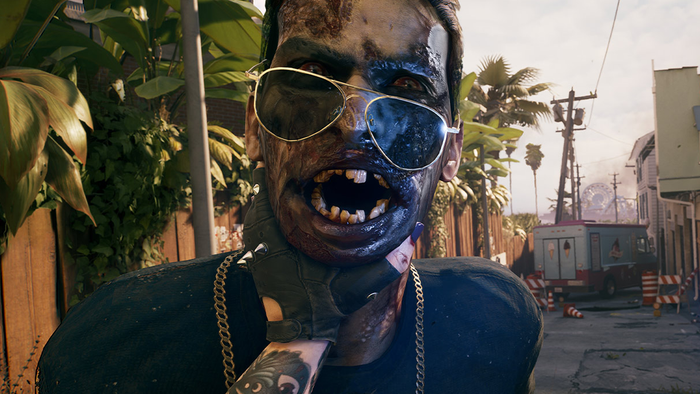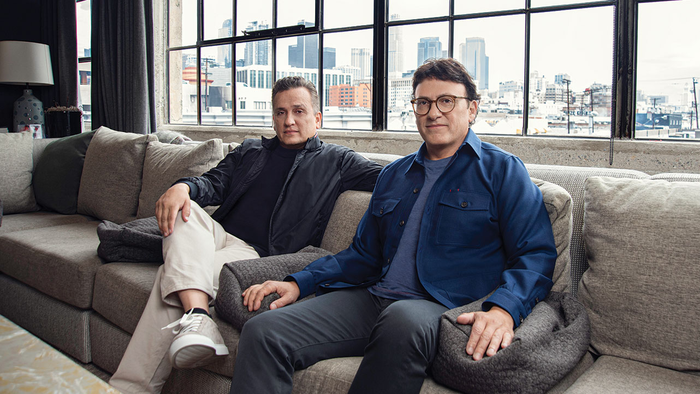
Featured Blog | This community-written post highlights the best of what the game industry has to offer. Read more like it on the Game Developer Blogs.
Mortal Kombat, Censorship And The Dangers Of Online Distribution
As uncomfortable, unprofitable and unprogressive hard copy retail is, there is a case to be made for its ability to preserve content, culture and expression in its original state. If online distribution is the future, it may not be as bright as hoped.


To The Future
Mortal Kombat last friday got effectively put on the index here in Germany, which basically means that the game is no longer publicly available. If you are old enough, you are allowed to own it, though.
I’m not going to elaborate on my opinion about the necessity or effectiveness of such laws or how much I feel disenfranchised as an adult.
I already owned the game before it became virtually unavailable (yeah, there is import, but that can also be deemed illegal in this case) and I am wondering if I still would be able to play it today, if I didn’t bought a physical copy.
Yeah, today of course I would, but let’s jump ahead a couple of years. Imagine retail basically dried up and extinct, all game content either playable on online browser based, client based or downloadable with an online key. As it is with such services, you don’t actually buy a game, you don’t own a game, you just buy a license to play it.
Not too far of a jump, is it? All those services and technical conditions are already at place and are rapidly growing in popularity. Steam and Onlive, World of Warcraft, browser games, XBLA… it’s easy and uncomplicated to use.
Just log in, a bit of personal data and there you go, a whole catalogue of games to play for you instantly. Or think of less popular measures, like online DRM. Players using this services are no longer owning their games, they are only granted access.
Access Denied!
And this access, along with the content behind it, is totally under the control of the people you bought it from. If producers, publishers and distributers (furthermore referred to as providers) need to comply with regional laws and political pressure, which they do, what does this mean for the player, when he is only granted access to content he technically doesn’t own?
In the realms of online distribution this means that providers can be forced to withdraw, block and modify game content way after the purchase was made. And more concerning to me, it means that the lost content will technically be gone for good.
There will be no original “copy” of the game out there, since the content gets edited or even erased at the source. Oh and don’t get funny ideas, like making a copy of your own, thats prohibited also.
Censorship At The Source
This would be annoying for me as a customer, to have content I paid for changed and maybe taken away from me. Just imagine for a second your precious VHS Star Wars collection with the original theatre releases gets replaced with the lame digital remakes and the facepalm-inducing Hayden-Christensen-Ewan-McGregor-ghost ending. You would be pretty pissed and rightfully so.
What’s actually way more dangerous in my view is the technical possibilities of infringement of freedom of speech, culture and information. There is laws, but there is also political pressure and financial pressure that can be utilized to force providers to modify content.
While many games are superficial entertainment, meant to be a welcome distraction from real life, games can be a medium for expression and a medium of cultural relevance. Also in respect to other media like books, films and audio, it makes me kinda worried to think of a world where any published expression can be deleted at the source and therefore be gone for good.
Imagine a strong rap album, only available via services like Grooveshark, be retroactively censored, all the swear words bleeped out? Mark Twain’s Huckleberry Finn, for you to read online on your tablet PC, get’s all the n-words removed? Censorship happens and I’m not sure if relying only on online distribution wont give censors too much control over content.
As uncomfortable, unprofitable and unprogressive hard copy retail is, there is a case to be made for its ability to preserve content, culture and expression in its original state. We need a solution for this.
Any suggestions?
BTW: Those awesome censor dudes are of course from the game Psychonauts.
Reblogged from my home blog:howtonotsuckatgamedesign.com
Read more about:
Featured BlogsAbout the Author(s)
You May Also Like













